There are many factors that can contribute to the success or failure of a student...One of the fluctuating variables that instructors have to work with at times can have some of the fiercest personalities… Karate ParentsA karate parent may not seem like a big deal, but they single handedly could be the deciding factor at a student’s success or failure. With young student’s parents are not just involved in the enrollment process; they can be detrimental in reinforcing the emotional growth martial arts provides students. This instrumental role in their child’s journey can be a double edged sword: to have a immensely impacting role on their child’s Martial Arts future and yet at times know next to nothing about Martial Arts. Yikes...For those that own their own Dojos and are especially lousy at harmonizing with parents, it could cost them not only their students but their business. It’s a balancing act that any Sifu, Sensei or Master has juggled with and at times may have fumbled. One of my friends Jennifer Waters just promoted to 5th Degree Black belt in Kempo Karate. She is a amateur MMA fighter and owns/operates 2 Dojos.Jennifer Waters, front and center after her 5th Degree Black belt test and promotion.Needless to say, she has done her fair share of juggling. She explains, "Parents that are actively involved with their child's martial arts journey are such a huge asset! Every child wants the support of their parent. With such a challenging physical and mental activity like martial arts, parental support is much needed!” When parents become too involved they can end up adding more stress to their child and hinder the educational process.Memorizing the physical movements as well as the philosophy behind the system can be overwhelming for an adult, let alone a child. The key to not frustrating them, is to not rush them. Mrs. Waters concur’s, “I think karate parents struggle with wanting their children to understand or "get" the techniques right away. Martial arts takes time. It's no different than any other physical sport, the more your child practices, the better he or she will become over time.” Time is the key to any student’s study.Yes, that's how the Ninja Turtles got that good.Time allows the student to become seasoned and to develop emotionally. Many of the benefits students obtain from Martial Arts are emotionally based; respect, honor, perseverance and self respect. These things take time. Being inpatient can hinder collaboration with instructorsThis could not only add more stress to their child but also can unintentionally undermine the Instructor’s authority. To help keep the peace, Mrs. Waters suggests, “I always guide my karate parents to refer back to what the main instructor is coaching your child to do. Use this to help your child reach his/her full potential.” Mrs. Waters with her dad and some of her students.When parents collaborate with the Instructors, it opens them up to help re-inforce the morals and principles such as dedication. DEDICATION alone can be the hardest lesson for a child to learn and could definitely require a parent’s encouragement. Mrs. Water’s completely agrees, “I believe that parents hinder their children when they let their child give up too easy. Instead of pushing their child to work past the difficulties they encounter, many are willing to let their child quit on a technique, a style, or martial arts in its entirety.” While some parents might be overly assertive with their child’s study, some can be dismissive.It’s difficult to be involved with your child’s study if you are absent not just physically but emotionally. In a social media driven world it is all too easy for us to become distracted with our phones while our child is in class. In agreement, Mrs. Waters adds, “Watching and taking an interest in what interests your child is not only a self-esteem builder but also will help them learn to practice with their child at home.” While we as instructors can be analytical of parents, we have to remember the African Proverb... ‘It takes a village to raise a child.”This is especially true in Martial Arts; hence the role of the Dojo (Karate), the Dojang (Taekwondo), the Heya (Sumo) or the Sasaran (Silat). Instructors are and should be held just as responsible as parents went it comes to encouraging their student. Some of our Double Dragon students: Ashley (Left), Sami (Center), Dani (Right)“As an instructor we have to remember to be patient with parents,” Ms. Water’s reminds us, “They really love their child and want what's best for them. Keep this in mind, and then try to find some common ground if you are solving challenges together. Ultimately, you have to remember that the goal is not necessarily to improve the parenting of that child but to help that child on his/her journey to becoming a Black Belt." While Martial Arts can be a very aggressive and explosive study, we have to remember to maintain harmony and peace.A properly run school has a sense of balance and understanding of each other’s roles. The student knows what is expected of them, the parent knows their role, and the Instructor knows not only their role but how to orchestrate all the roles.
18 Comments
Human beings have been competing since the beginning of time...Whether it's for survival or skill there's a competitive nature in all of us. That competitive nature is most commonly exhibited now in sports and one of the fastest growing sports in modern-day time is Mixed Martial Arts or commonly called MMA. MMA is the combination of various martial arts systems used in the competitive Arena to demonstrate an athlete’s skill by either knocking out or submitting one's opponent. The popularity of the sport his grown drastically over the years and while some are very enthusiastic others question the motives of the sport. It has become a common belief that MMA is too violent of a sport and that it caters to an audience's need for blood and violence rather than technique or skill. Some states in the past have even banned the sport all together. Back in 1996, the state of New York decided to ban the sport. It would be 20 years later in 2016 that New York with lift the ban and the first MMA fight would be held at the Madison Square Garden. Even with these achievements there are still Skeptics that question MMA.Some claim that MMA has negative effects on the fighters for the rest of their lives. Others are more concerned about the effects live professional fights might have on society; claiming that the image of MMA could influence violence in society especially amongst a younger audience. Probably shouldn't have let them watch Highlander before bed.Before passing judgment on the sport, I felt that there needed to be a deeper understanding on professional MMA.So I decided to speak with my friend Jennifer Waters. Jennifer Waters is a 29 year old and from Augusta, GA. She holds a 4th Dan in Tetu Shin Ryu Kempo Karate, 1st Dan in MMA, 1st Dan in Kempo-Jitsu, and is a 4th Stripe Blue Belt in RCJ Machado Jiu-Jitsu. She owns and operates 2 Seigler's Karate Center locations with her family and is a 2x Kickboxing Champion. She began her MMA career in 2016. Jennifer "Warrior" Waters after her first MMA fight in 2016.Some Skeptics compare MMA to the Gladiator sport. However, I don't believe they truly understand what a gladiator sport is...Gladiator Sports in ancient Roman times involved Armed men who competed against other gladiators as well as wild animals and incarcerated criminals. These Competitions were life-or-death that were used to entertain the masses. This is a gladiator sport... to help avoid confusion.Jennifer believes that this Gladiator sport misconception comes from the early beginnings of MMA. She explains, “The sport has grown so much from the early days of "No Holds Barred" fighting. And I can see why some people would say that it looks barbaric. Typically these people are not educated about the technical aspect of fighting.” It’s possibly from these early unregulated beginnings that some naive spectators came to the conclusion that mixed martial arts fights were no more than glorified brawls. But like any sports, there has been an evolution over the years. Jennifer spells it out clearly, “Honestly, that was 20 years ago. Just like the NFL has gone through rule changes, regulation enforcement, and a pattern of continuous improvements, the sport of MMA continues to do that also.” Regulations have been created and enforced to not only help the reputation of the sport but most importantly to protect the fighters well being.Before a fighter can step into the ring they must pass physicals, eye exams and blood work. Some promoters are even taking it to the next level. Jennifer explains, “Many promoters also want to see some kind of fight footage before you step inside the cage. They want to know they are not putting a back street brawler out there with zero experience against someone with years of training.” Boxing and kickboxing regulations call for a 10 second countdown when an opponent is knocked out. To further insure a fighter’s safety, regulations in MMA eliminated the 10 count and placed more responsibility on the referees. A referee will monitor the fighters not only for a fair fight but their state of mind and reaction time. If the fighters well being is at risk for permanent or unrecoverable damage, they will stop the fight. Its because of these regulations that Jennifer says, “Many people feel that MMA fighters suffer less traumatic brain injuries than boxers due to this increase of safety. Other skeptics have less concern for the fighters and more for the audience. They assert that these fights are encouraging violence, particularly with youths. With social media’s popularity, anyone can search the term fight and not only find MMA competitive fights but also street fights. This is where the confusion sets in. To someone with no martial arts training the two could look the same, but in reality the trained MMA fighter has been training for years and is regulated. Jennifer clarified, “This really is no different than watching two kids swim a race in a swimming pool and then watching Michael Phelps swim for an Olympic gold medal. The activity is similar but definitely not the same. Real and successful MMA fighters will spend years and hours of training to perfect their craft just like any other professional athlete does.” As an instructor Jennifer encourages her students to watch not only her fights but other fights as well. She believes it gives them the opportunity to see their instructor handle loss or defeat in a respectful and humble manner. I attended my first live professional fight back in December 2016.I’ll admit there was a little bit of apprehension lacing my excitement. I had previously watched UFC fights on television but had never actually attended one. I had absolutely no idea what to expect. What I hoped to see was skilled fighters demonstrating mixtures of different systems and techniques and trying to find the perfect combination that would equal victory. I wasn’t disappointed. I found myself living vicariously through them, mentally applying my own training into understanding of what they were doing. I was enthralled and entertained. What left me unimpressed wasn’t the fighters… it was the audience. While many were in the same mind frame as myself, so many were the opposite. When the fighters would reach a stalemate with either grappling or gauging reactions, many of the audience members would begin to boo. It blew my mind. Here were these amazing athletes showing their talent not just physically but intellectually, and they were being heckled. It made me start to wonder how much power or influence the audience might have over a fight? Jennifer explained to me that like any sport, the amount of butts in seats will determine the future. Some promoters are focused on selling tickets rather than the longevity of the sport. Jennifer believes, “I think it will take people with vision in leadership to really promote the sport to a high level. This will mean that the integrity of the sport must be thought of in advance before its profitability.” If the focus falls primarily on money, then audiences would hold more power than they realize. What audiences need to understand is not every fight might meet their expectations. A lot of planning goes into creating a match-up but it doesn’t guarantee anything. Jennifer reminds us, “You have to remember when you are going to a fight that competitors are matched in skill level and style if possible, but sometimes opposite skill sets and the lack thereof can make a fight boring.” Jennifer's first MMA fight was anything but boring, it was considered the "Fight of the Night"When you attend a fight, always be prepared for some crowds to be somewhat uneducated of Martial Arts and MMA. For beginners to Martial Arts, don’t let your limited experience keep you from watching and learning through exposure. While many attend fights purely for the entertainment aspect of it, there is much to learn there as well. Whether skeptics are gaining their opinions from the audience’s mood swings or on current regulations, MMA continues to be one of the fastest growing professional sports in the World. Whether it’s your cup of tea or not, MMA still remains one of the top popular venues to display martial arts competitively. One of the greatest ways we grow as martial artists is through exposure. Regardless of criticism, if you are intrigued or curious about attending a professional fight you should go and have an open mind but most importantly... Have fun.That's exactly what I plan to do with my besties at UFC 209 in March. Jennifer "Warrior" Waters next match will be April 8, 2017 for NFC in Greenville, SC. She can be found on Facebook @ Jennifer Waters or Instagram @jennifer_s_waters.
|
Jesalyn Mae HarperHello my name is Jesalyn. I'm a divorced single mom and a karate addict... Archives
March 2018
Categories
All
|
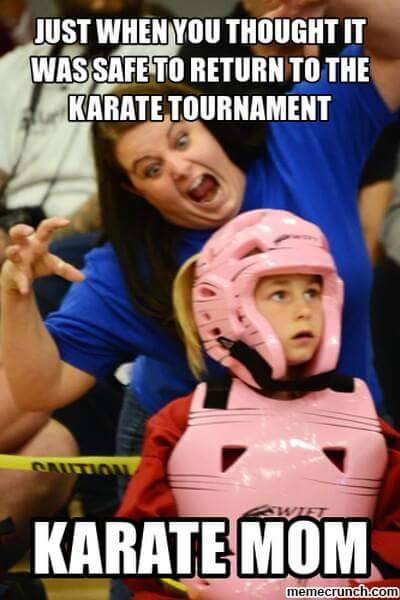


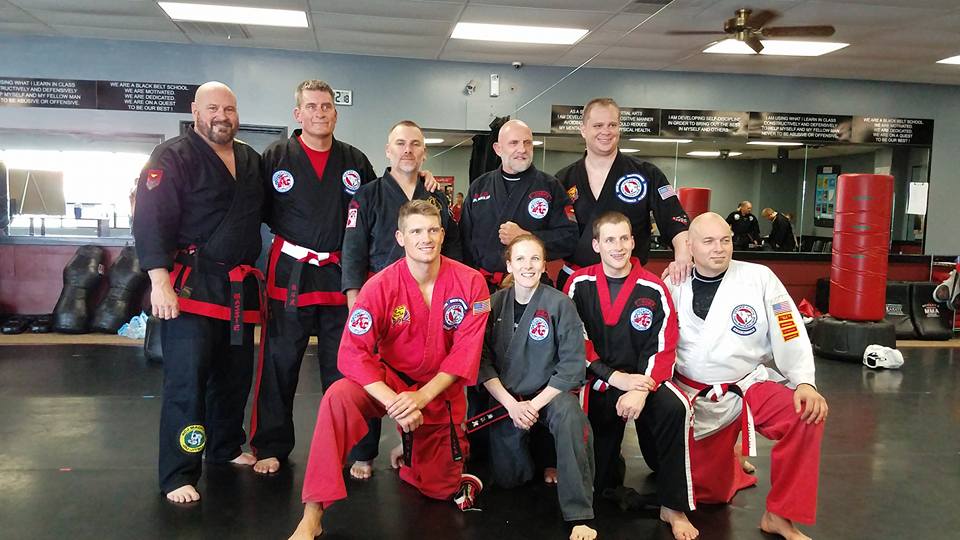
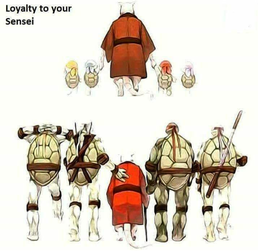
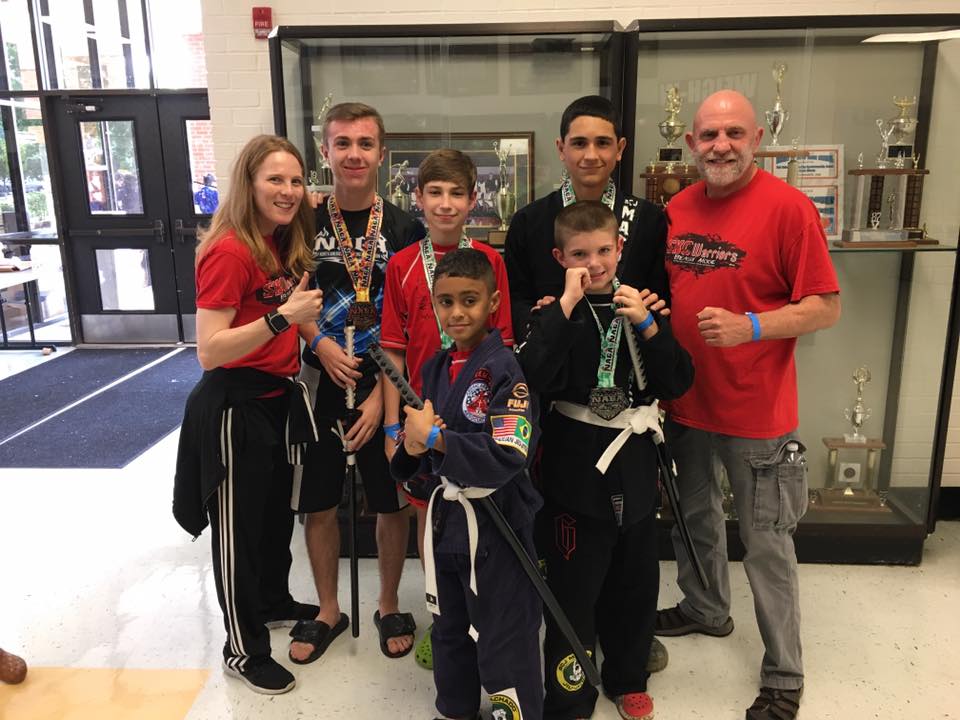
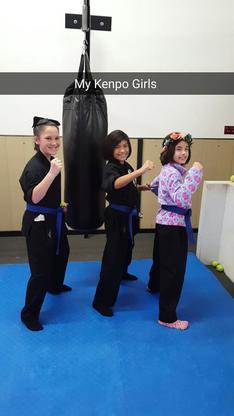
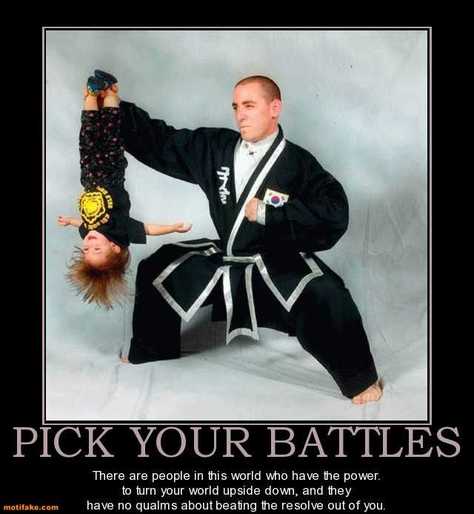

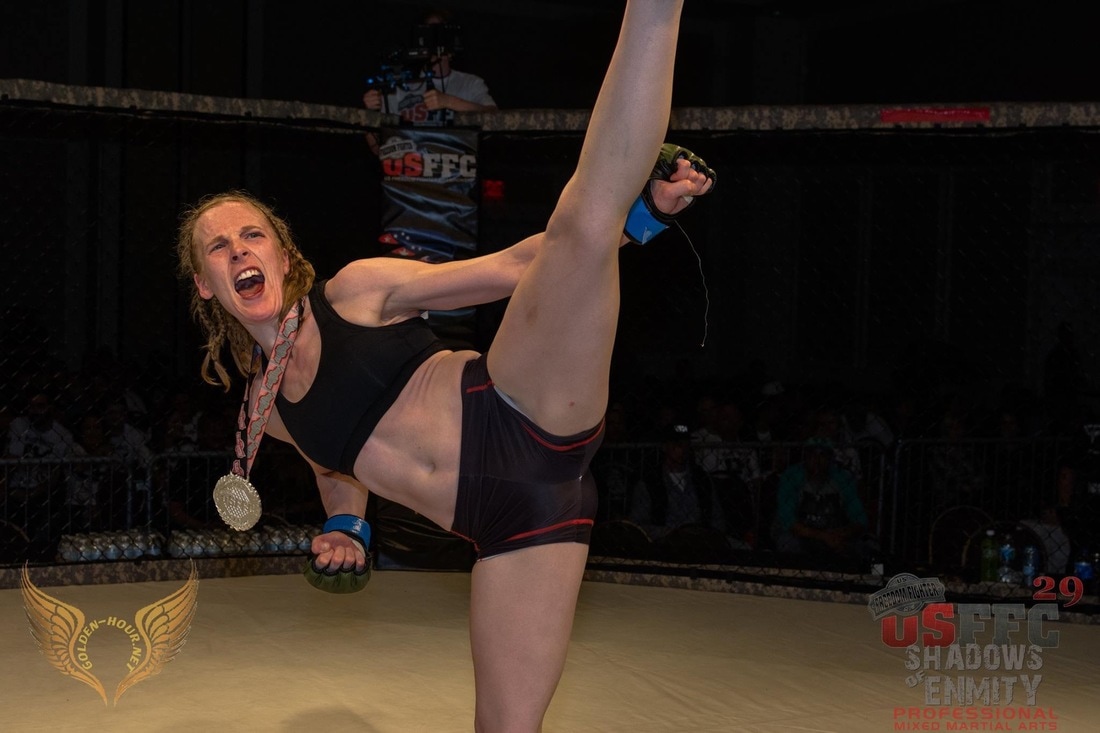

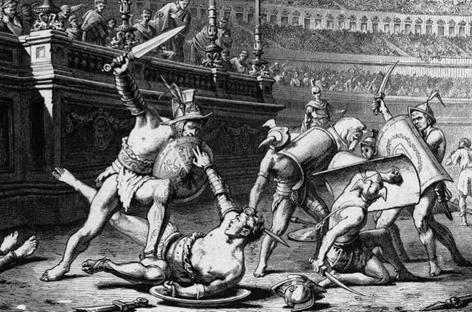
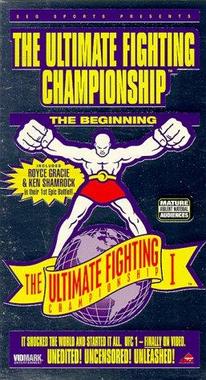
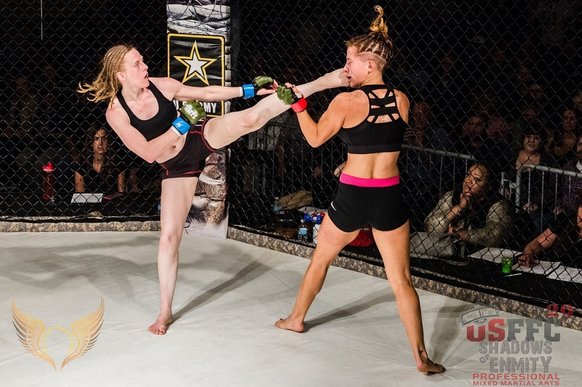
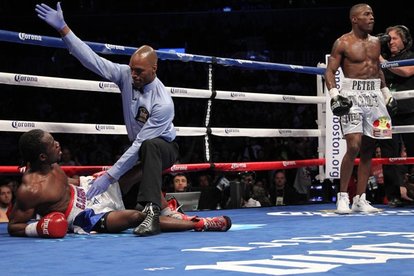

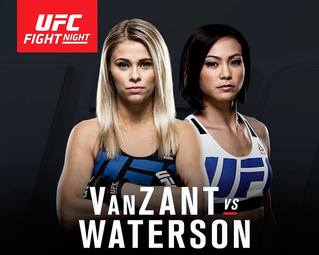
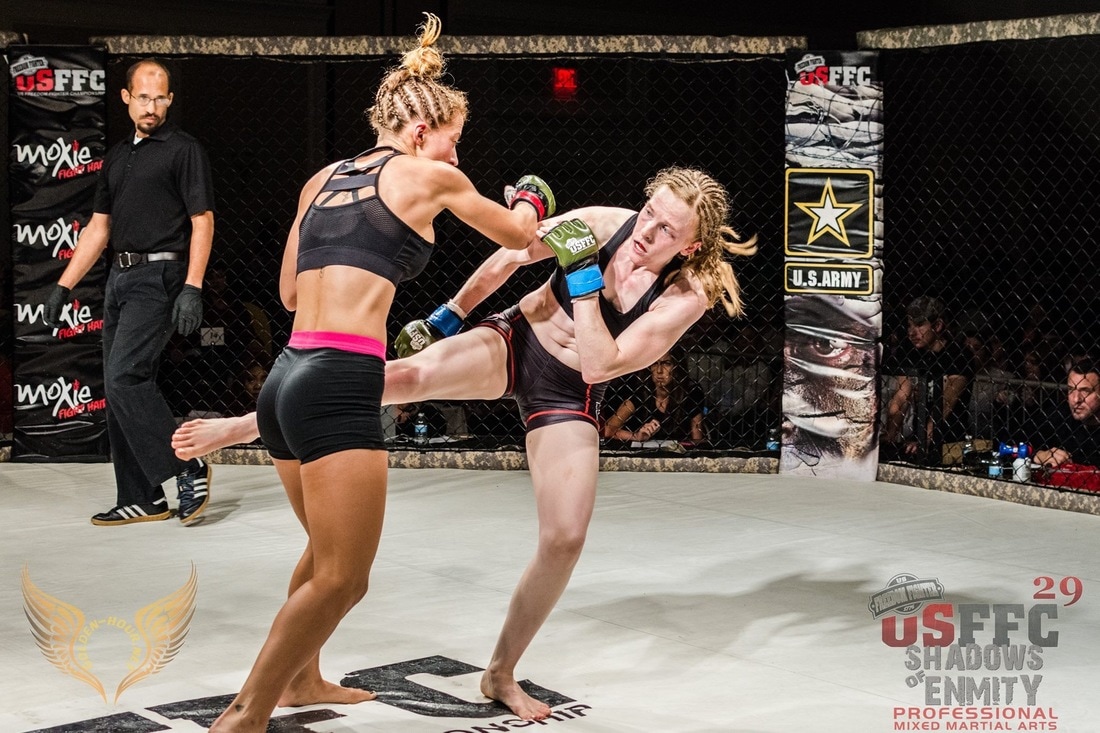
 RSS Feed
RSS Feed